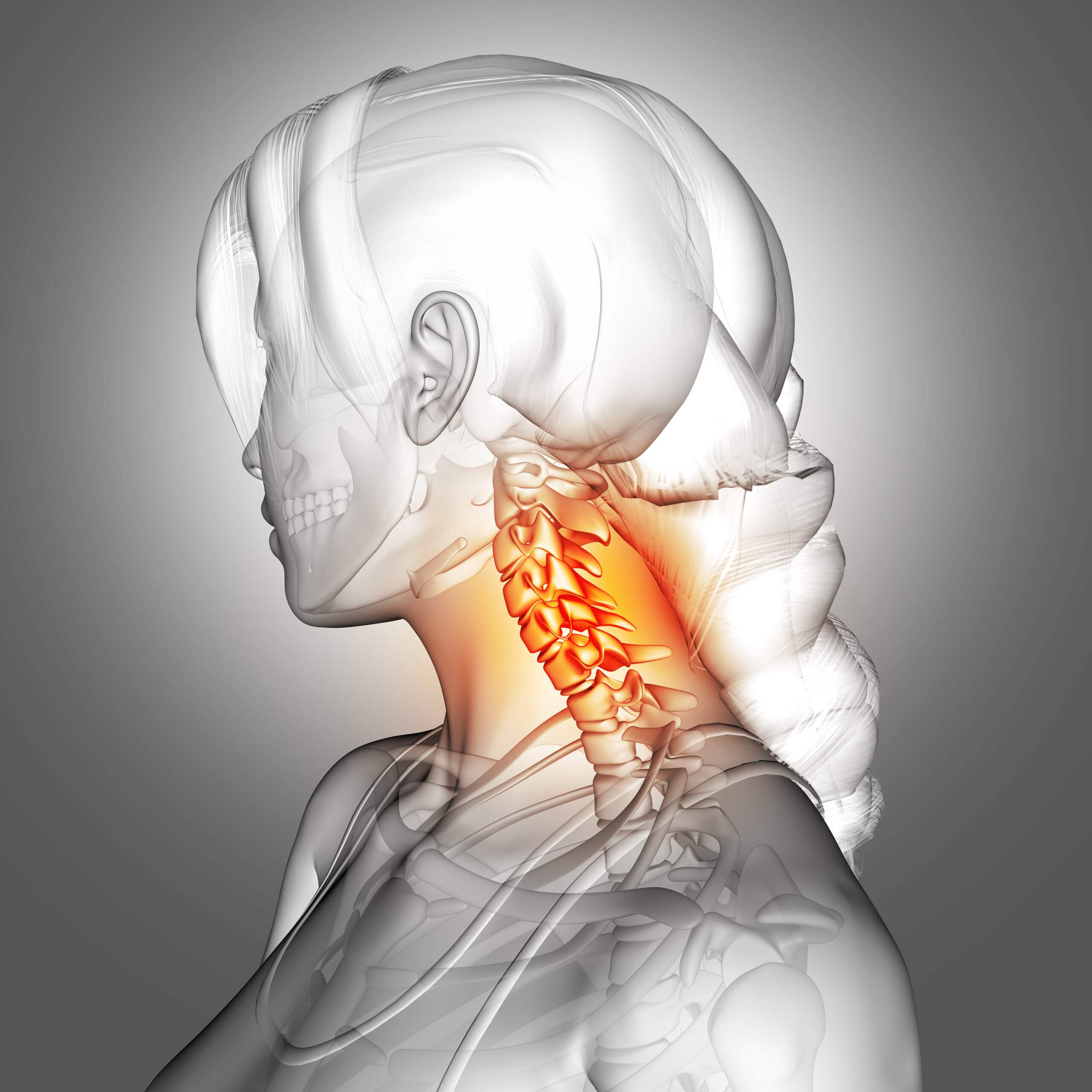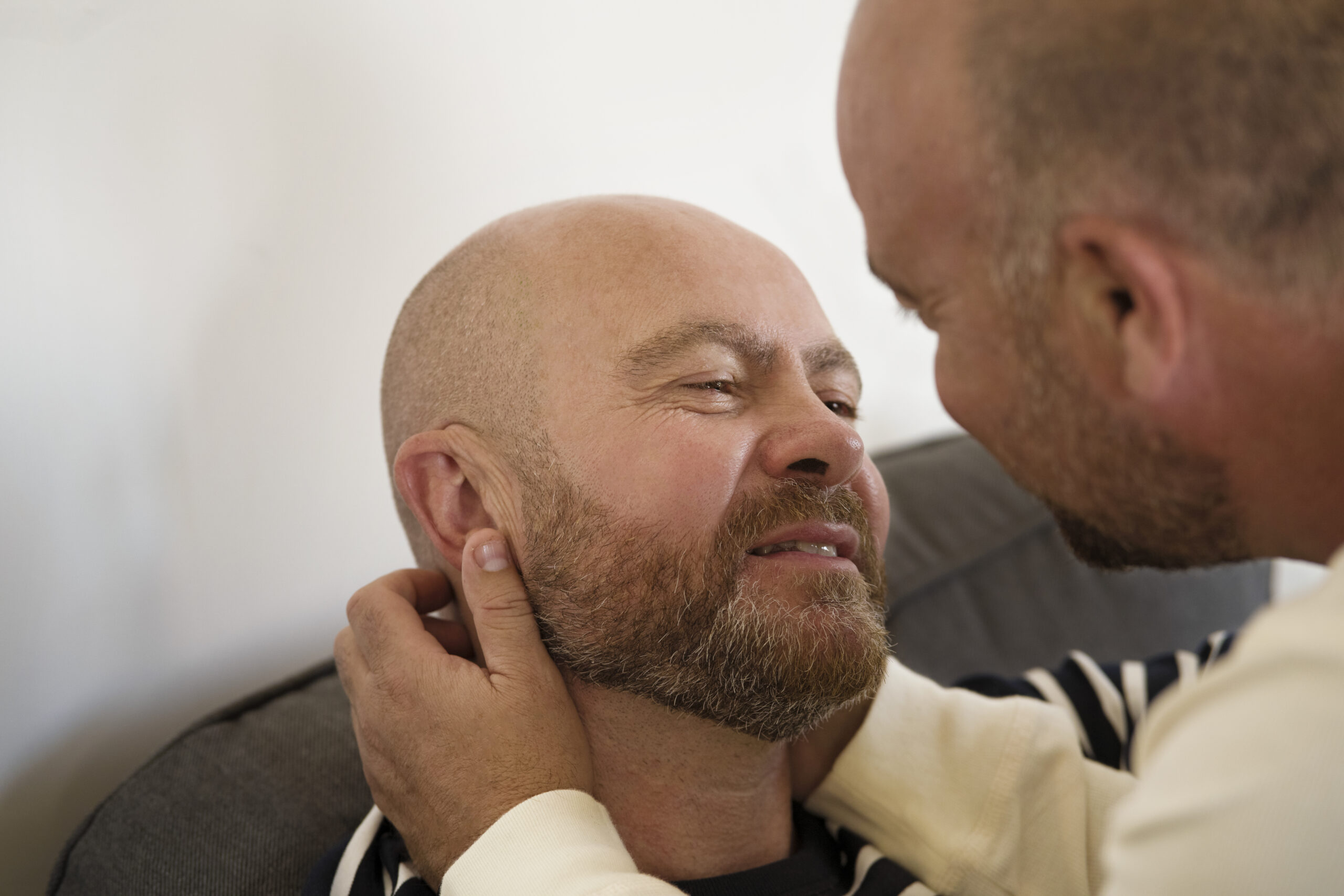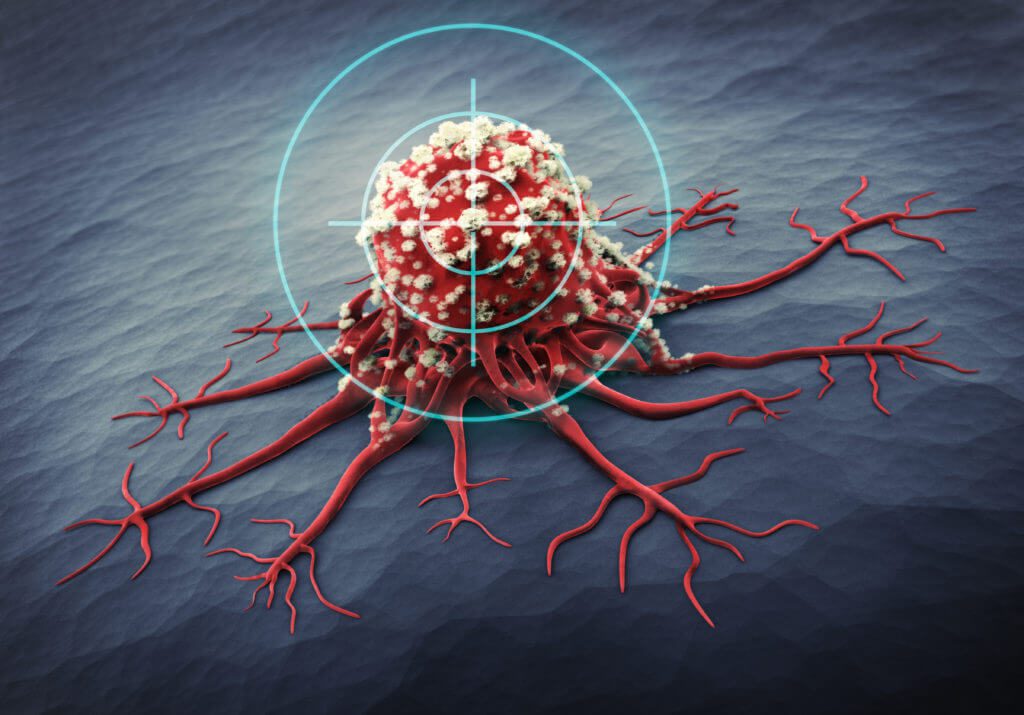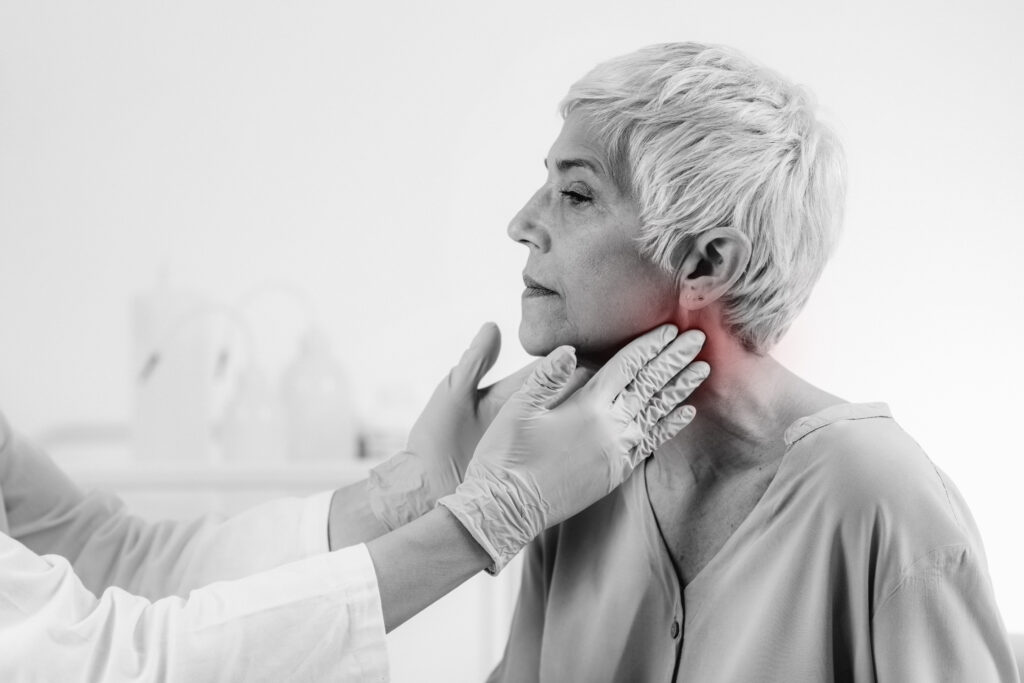Head & Neck Cancer
Head and Neck Cancer refers to a group of cancers that develop in the mouth, throat, voice box (larynx), nose, sinuses, or salivary glands. These cancers usually begin in the squamous cells that line the moist surfaces of the head and neck region. Early diagnosis and precise treatment are essential for preserving vital functions such as breathing, swallowing, and speaking, while improving survival and quality of life.


Common Causes & Risk Factors
Head and neck cancers can result from a combination of lifestyle, environmental, and biological factors. The most common include:
Tobacco use (smoking or chewing)
Excessive alcohol consumption
Human Papillomavirus (HPV) infection
Poor oral hygiene
Exposure to industrial chemicals or pollutants
Chronic irritation (from ill-fitting dentures or poor dental health)
Family history of cancer
Signs & Symptoms of Head & Neck Cancer
Symptoms may vary depending on the exact location of the tumor but commonly include:
Persistent sore throat or difficulty swallowing (dysphagia)
Hoarseness or changes in the voice
Non-healing ulcer or lump in the mouth or throat
Swelling or lump in the neck
Ear pain or ringing in the ears
Unexplained weight loss
Nasal blockage or bleeding
Persistent bad breath
Fatigue and loss of appetite


Diagnosis of Head & Neck Cancer
Accurate diagnosis is the foundation for effective treatment. At our center, evaluation includes:
Clinical Examination & Medical History – To assess visible or palpable abnormalities.
Endoscopic Examination (Nasopharyngoscopy / Laryngoscopy) – To visualize internal structures of the throat and larynx.
Biopsy – Tissue sample testing to confirm the presence and type of cancer.
Imaging Studies – CT scan, MRI, PET-CT, or ultrasound to determine the tumor’s size, stage, and spread.
HPV Testing – For oropharyngeal cancers linked to HPV infection.
Blood Tests – To assess overall health and treatment readiness.
Treatment Options for Head & Neck Cancer

Radiation Therapy
High-energy rays precisely target and destroy cancer cells, often used alone in early-stage cancers or alongside chemotherapy.

Chemotherapy
Systemic medication that attacks cancer cells throughout the body, often combined with radiation for advanced disease.

Surgery
Removal of the tumor with a focus on preserving speech, swallowing, and facial appearance whenever possible.

Targeted Therapy
Drugs that specifically block cancer cell growth pathways with fewer side effects than traditional chemotherapy.

Immunotherapy
Boosts the body’s immune system to identify and attack cancer cells, effective in recurrent or metastatic cases.

Rehabilitation & Supportive Care
Post-treatment rehabilitation involving speech therapy, swallowing exercises, nutritional guidance, and emotional support.
Why Choose Dr. Chandrani Mullick for Head & Neck Cancer Care?
Internationally Trained Oncologist – MRCP (UK) and ESMO-certified, with expertise in complex head and neck malignancies.
Multidisciplinary Team Approach – Collaboration with ENT surgeons, radiation oncologists, and speech therapists.
Function-Preserving Focus – Aims to maintain speech, swallowing, and facial aesthetics during and after treatment.
Advanced Treatment Options – Access to state-of-the-art targeted therapies and immunotherapy.
Comprehensive Support – Emotional counseling, nutritional advice, and survivorship programs for long-term recovery.


Testimonials
What Our Clients Say
Posted on
Frequently Asked Questions on Cancer
"Understanding Cancer: Your Questions, Answered"
Common symptoms include unexplained weight loss, persistent fatigue, changes in skin, lumps or swelling, and unusual bleeding. However, symptoms can vary depending on the type of cancer.
Cancer is diagnosed through a combination of methods, including physical exams, imaging tests (such as MRI, CT scans), biopsies, and blood tests.
Treatment options include surgery, chemotherapy, radiation therapy, immunotherapy, hormone therapy, and targeted therapy. The choice depends on the type and stage of cancer.
Yes, lifestyle changes like a healthy diet, regular exercise, avoiding tobacco and excessive alcohol, and protecting skin from the sun can reduce the risk of certain cancers.
Side effects can vary; managing them involves working closely with your healthcare team, who may recommend medications, dietary changes, or other supportive measures to alleviate symptoms.
Call Today
09830649090
